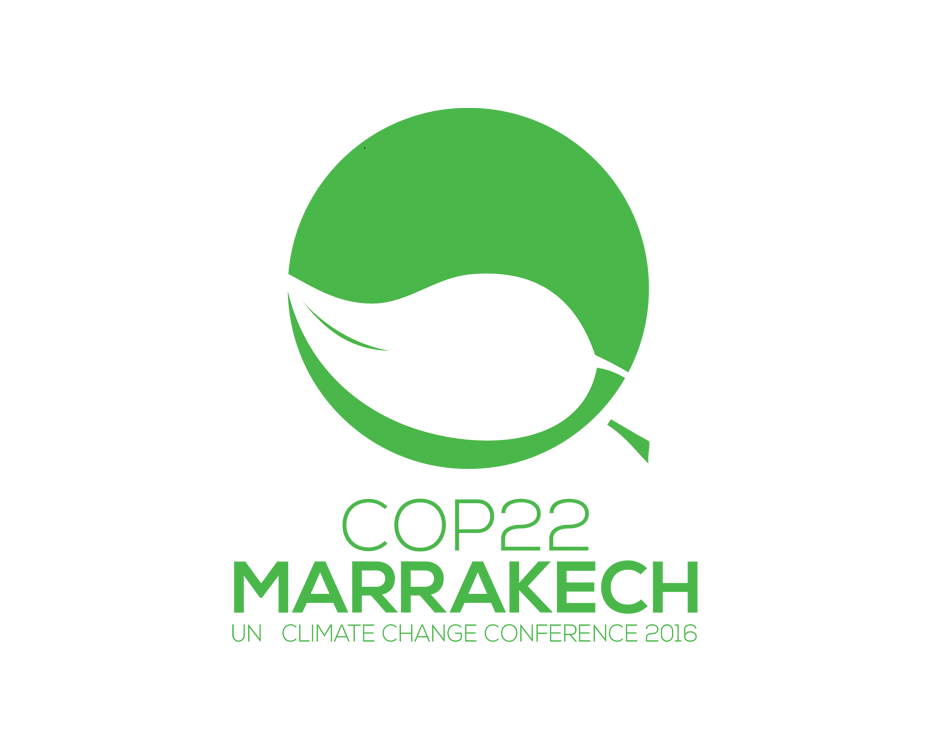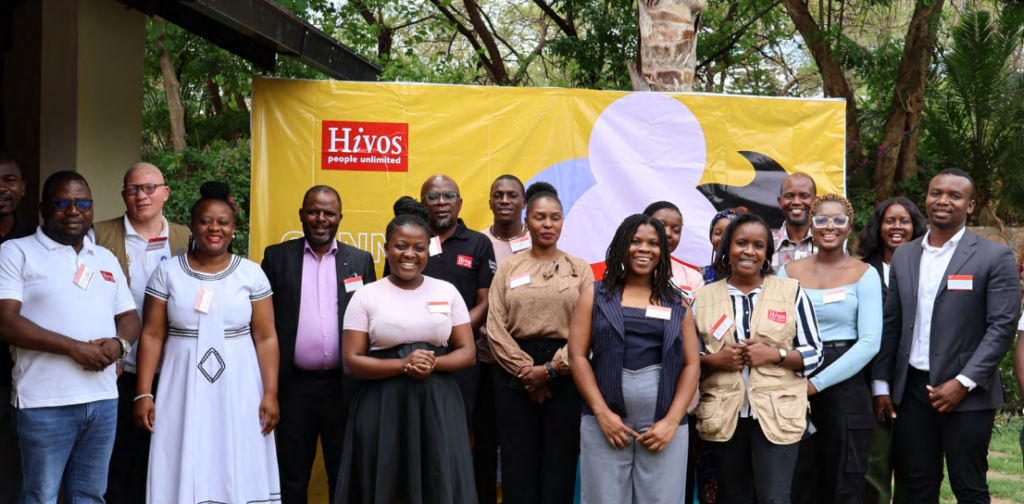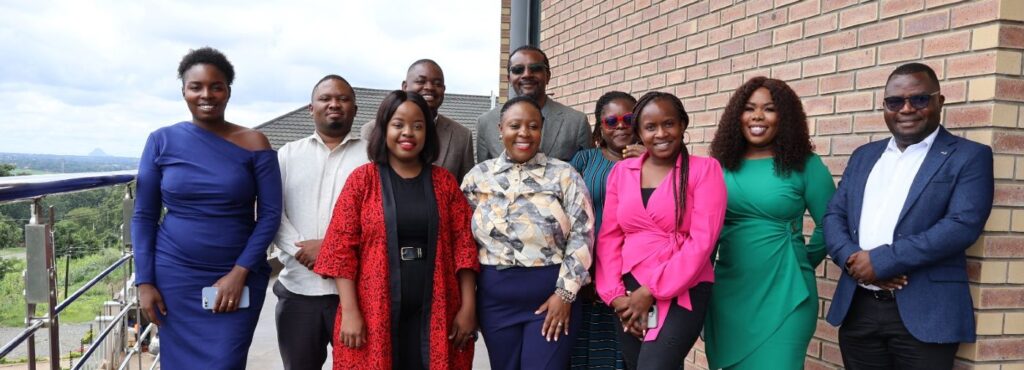The Zimbabwean government is currently finalizing the ratification of the Paris Agreement on Climate Change, which it signed last year. The Paris Agreement is an agreement within the United Nations Framework Convention on Climate Change (UNFCCC) dealing with greenhouse gases emissions mitigation, adaptation and finance starting in the year 2020.
At a Conference of the Parties (COP) 22 Feedback Meeting held in Harare, Mr Washington Zhakata, director for climate change in the Ministry of Environment, Water and Climate, said that the Zimbabwe government is fully committed to contributing to climate change solutions as specified within the global framework.
Zhakata said that although the Paris Agreement was only supposed to come into force in 2020, many countries had already signed up to it due to the urgency of the matter. He also highlighted that Zimbabwe is aiming to reduce its greenhouse gas emissions by 33 percent below the projected business as usual energy emissions per capita by 2020.
The feedback meeting hashtagged: #climate4actionzw was organized by Action 24, one of Hivos Southern Africa’s partners under the Green and Inclusive Energy programme. The purpose of the feedback was for Zimbabwe organizations working in the energy sector to have a collective understanding of the implications of the Conference of the Parties (COP22) to the UN Framework Convention on Climate Change (UNFCCC) and to begin building a common framework of submissions to COP 23.
He said that political developments in the United States and the pronouncements by President Donald Trump could potentially derail progress that has been made thus far in responding to climate change.
Expert consultants provided an analysis and made recommendations to the Paris Agreement and Zimbabwe’s COP 22 Marrakesh Outcome Report, as well as submissions for Pre-COP 23 meetings to be held in Bonn in May 2017.
The early entry into force of the Paris Agreement has increased pressure on the Ad Hoc Working Group of the Paris Agreement to complete its work expeditiously. Focus is now turning towards ensuring that the modalities and procedure guidelines for implementation are speeded up to enable the practical adoption of the agreement. However, there are still several grey areas that parties fail to agree on, the so-called ‘red tapes’ which parties need to address.
The Ad Hoc Working Group on the Paris Agreement (APA1-2) meetings to be held in in Bonn will formulate efforts in preparing for the entry into force of the Agreement.
APA comprises all countries that are Party to the UNFCCC, meaning that parties can participate whether or not they have ratified the Paris Agreement. Zimbabwe, as a member to the UNFCCC, therefore has a role to contribute through the APA. The feedback meeting was one of the first in which Zimbabwean CSOs were able to deliver input for the country’s positions and assist in formulating policy.




